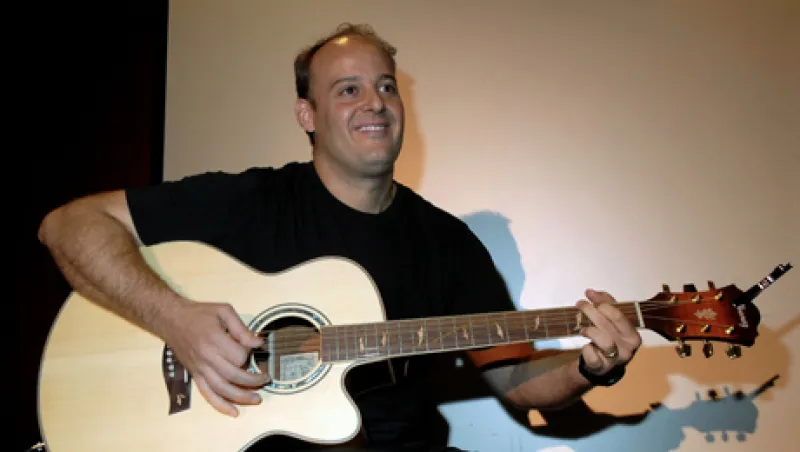MACRO HEDGE FUND MANAGERS KNOW THE MARKETS can be a cruel mistress. Just ask Louis Bacon. This past summer Bacon, a top macro investor and founder of New York–based hedge fund firm Moore Capital Management, announced that he was returning $2 billion — 25 percent of Moore’s capital — to clients. He also said he was moving money out of macro, a strategy that seeks to exploit big-picture economic trends and global capital market events, because he wasn’t “comfortable” taking much risk in the current environment. Nowadays, central banks and policymakers drive the markets and fundamentals play a diminished role.
Bacon has called his 2012 results disappointing. As of mid-November his flagship, $4.6 billion Moore Global Investment Fund, had returned just 3.72 percent on the year. But that’s a relatively strong performance. Global diversified macro funds gained an average of 1.62 percent during the same period, according to HSBC Holdings’ alternative-investment group, compared with 14.28 percent for the Standard & Poor’s 500 Index. And it’s not just macro hedge funds that are struggling: Year-to-date through October 31, the HFRI Fund Weighted Composite Index had gained only 4.33 percent.
A new crop of hedge fund managers believe they can make money in today’s challenging conditions, even if they don’t agree on how to do it. Take Infineon Capital Management, a New York shop being launched by Imran Hussain and Mead Welles. The pair combine macro and relative-value strategies, investing across asset classes and markets with a focus on emerging economies, where they see more growth potential than in debt-burdened developed markets.
“The characteristics of the crisis in the developed world are very much emerging-market-like in nature and not well understood by G-7 [market] participants,” says CIO Hussain, previously head of emerging-markets debt portfolios at $3.5 trillion, New York–based investment firm BlackRock. “Their investment frameworks did not anticipate the potential for zero-interest-rate policies and asset price targeting mechanisms by central banks,” he adds. “We are witnessing economic distortions on an epic scale, and this tale is far from over.”
Hussain and Welles met when they were traders at Cargill Financial Services International, the emerging-markets investing arm of U.S. commodities giant Cargill. Before launching Infineon, Welles spent more than a decade running Octagon Asset Management, a New York hedge fund firm focused on asset-backed lending.
Suvretta Capital Management, a $50 million hedge fund firm founded by Aaron Cowen, a former manager at SAC Capital Advisors and Soros Fund Management, identifies the same market trends as Infineon and Moore. Like them, New York–based Suvretta blends macro and fundamental analysis, but it focuses on long-short U.S. equity. Cowen contends that returns can still be found in the U.S. and other developed markets by taking long positions in large-cap, liquid stocks with strong growth stories and shorting industries that are contracting. In contrast to many traditional long-short equity hedge funds, Suvretta chooses a sector, then picks stocks.
Patrick Wolff, founder and CEO of $90 million, San Francisco–based long-short equity hedge fund firm Grandmaster Capital Management, also sees plenty of opportunity in U.S. equities. Wolff doubts that emerging markets will perform well over the next few years and is especially bearish on China. “Hedge fund managers have to be able to spot where the bull and bear markets are,” he says, asserting that the action is now in the former. In the decade before 2008, emerging markets, global credit and commodities experienced bull markets while U.S. equities slumped. Now, as credit contracts and U.S. stocks surge, that scenario is almost totally reversed, Wolff says. But many hedge fund managers invest like it’s still 2007.
It remains to be seen whether these new hedge fund firms will navigate choppy markets better than titans like Moore. But Grandmaster’s main fund was up more than 24 percent on the year through October 31, according to an investor letter, while Suvretta had gained 15 percent.






